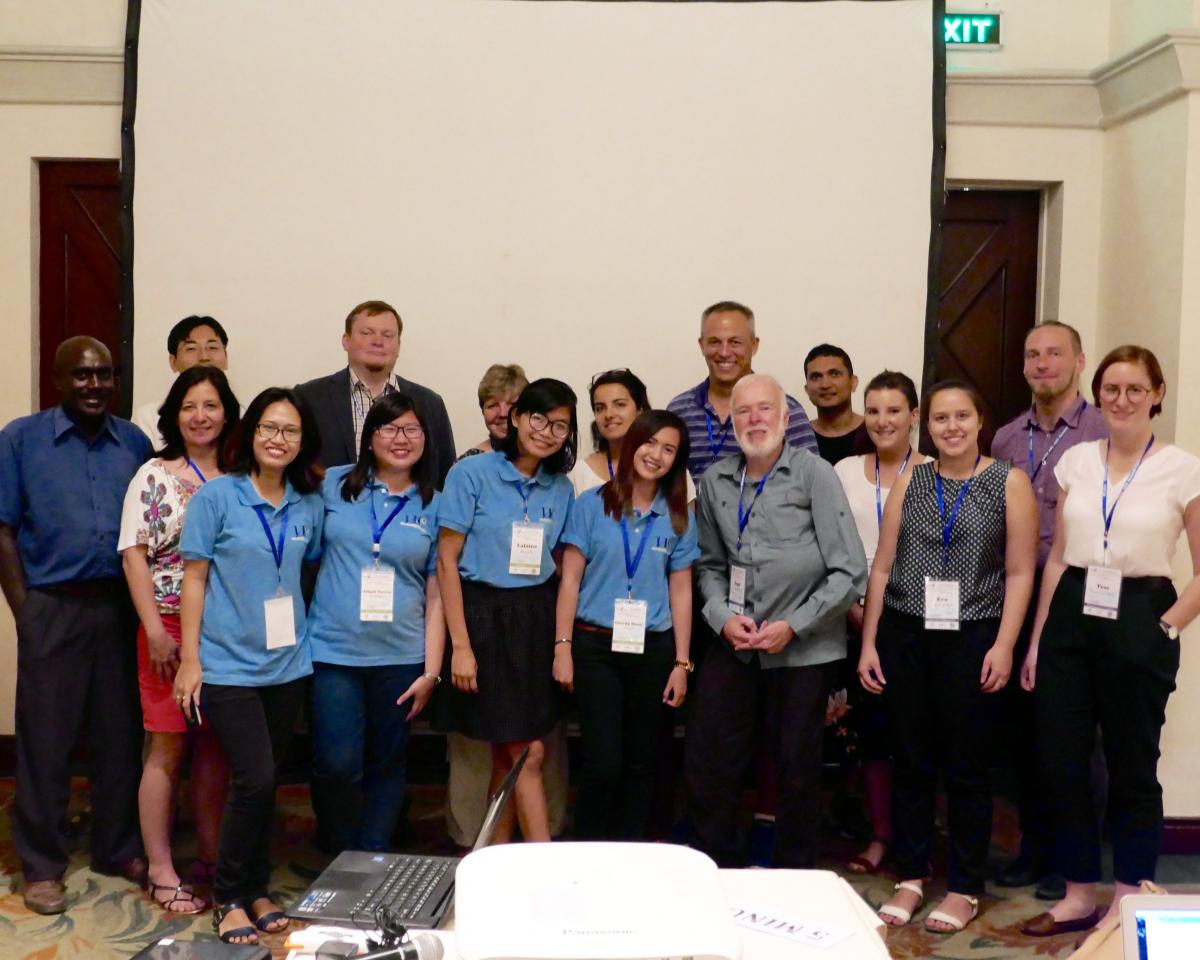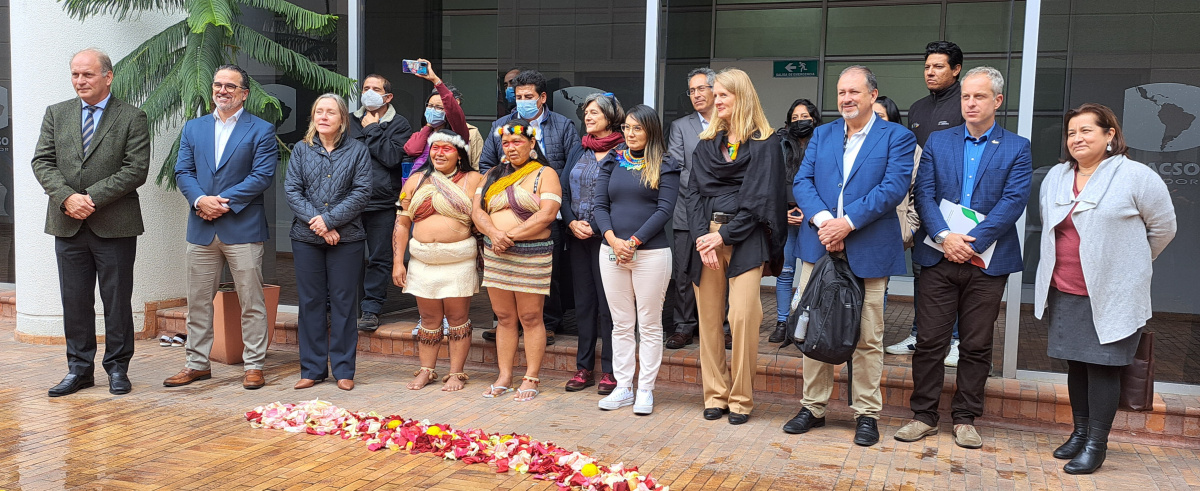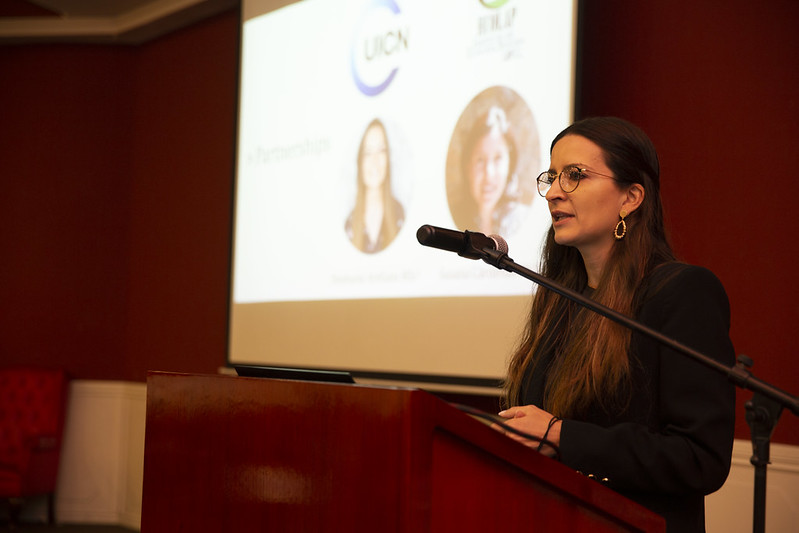Global collaboration to improve biodiversity governance: Lawyers from around the world work to improve implementation of the Convention on Biological Diversity
Teams of lawyers from around the world came together in Cebu last week to discuss an ambitious new initiative to improve implementation of the Convention on Biological Diversity (CBD). The lawyers, from universities in Australia, Brazil, China, New Zealand, South Africa, the Solomon Islands and other countries, are applying scientifically rigorous methods to evaluate how principles contained in the CBD are being realized in the real world. An earlier trial evaluation of how the CBD principles are being implemented in a number of countries identified hypotheses about why the outcomes of the CBD often do not meet ambitions that existed in the 1990’s, when many countries signed onto the CBD.

Photo: WCEL/AEL
Work on evaluating implementation of the CBD principles is being led by teams drawn from the membership of the IUCN Academy of Environmental Law. At the annual Academy Colloquium last week, they met to discuss initial findings and where to go next. “The CBD was meant to do more than cause member states to create new laws or protected areas, or other instrumental interventions” says Prof. Paul Martin from the Academy “Its ambition was to radically change the system of governance of the environment used by the member states. It is clear that only part of this agenda has been effectively implemented, even though many laws have been created”. The teams are preparing country-by-country reports, using an evaluation method that will identify what is needed for effective implementation of the CBD vision. This country-by-country approach is expected to inform new insights into what needs to be done to create a legal governance system that is more effective in protecting biodiversity, around the world.
The assessments build on the framework for assessing and improving law for sustainability, developed under the auspices of the IUCN Environmental Law Programme, as part of the Natural Resources Governance Framework initiative led by the IUCN Commission on Environmental Economic and Social Policy. The framework leads researchers through multiple layers of inquiry: are the principles of the Convention realized in new laws? Are the laws implemented by appropriate institutions? If the laws are implemented, do they change the behaviour of key actors, like individuals, government agencies and regulated entities? And do these changes result in outcomes in line with conservation goals: healthier species populations, more resilient ecosystems, and fairer and more sustainable use of biodiversity? To answer these questions, the legal researchers involved would welcome the collaboration of many different types of expertise, from many countries, to provide scientifically valid identification of where and how implementation of the CBD can be made more effective.
Lydia Slobodian from the IUCN Environmental Law Centre believes that this initiative is an important step in understanding what sorts of systemic innovations are needed to realize the aspirations of the founders of the CBD. “Understanding what makes law and governance effective is one of the most difficult and important challenges facing the environmental community,” she says. “The current environmental crisis demands urgent and efficient legal responses that result in fast and significant changes on the ground. The questions that these teams are asking will tell us a lot about what works and what doesn’t, and what we need to do to get the future we want.”
The teams would welcome the assistance of lawyers, scientists, and conservation practitioners, in conducting this innovative assessment of what it will take to move laws and other instruments off the page, and into reality. For more information, please contact Paul Martin.



